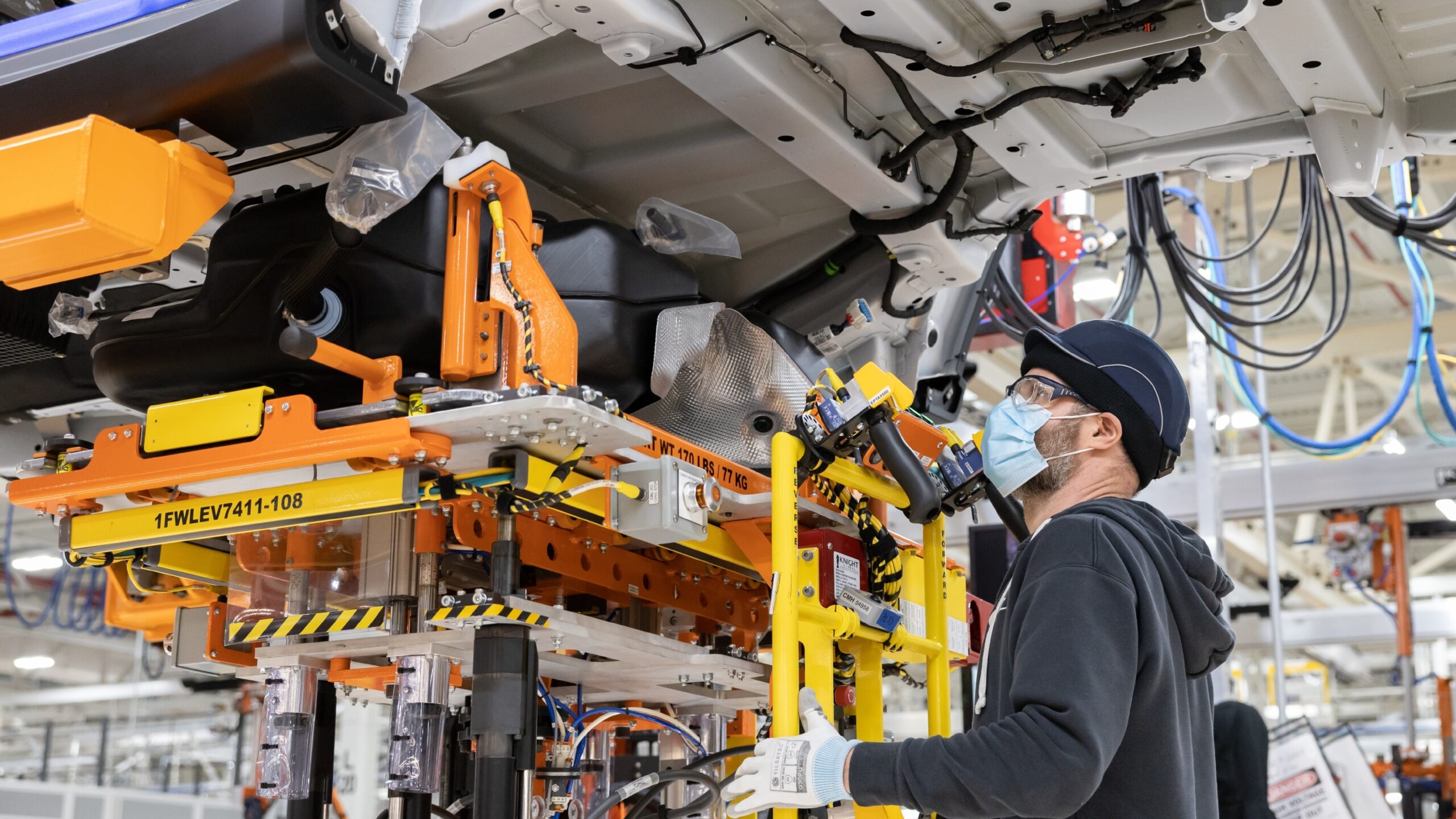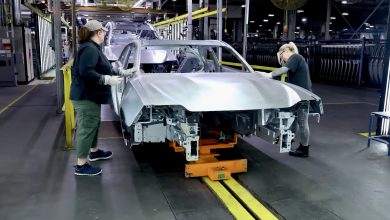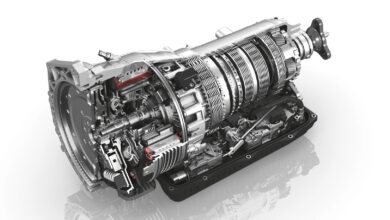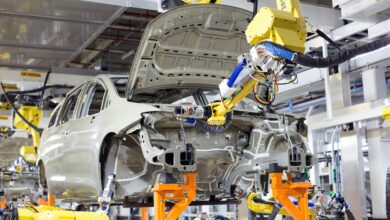UAW & Detroit’s Big-3 Automakers Get Ready To Negotiate New Contracts
New Electric Strategy Will Play A New Massive Part In The Latest Contracts...
The United Auto Workers (UAW) union is set to begin contract negotiations with the Detroit Big-3 automakers – General Motors (GM), Ford, and Stellantis. These talks are crucial as the industry focuses on cost reductions and the transition from gasoline-powered vehicles to electric vehicles (EVs). The negotiations will determine the terms of labor agreements, with the potential for strikes and significant impacts on the automakers and their workforce.

The UAW will negotiate with Stellantis first, followed by Ford and GM. Traditionally, the UAW selects one of the Detroit Three as the target for negotiations, setting the pattern for subsequent deals.
The UAW aims to address several key issues during negotiations. One major concern is the elimination of the two-tier wage system, which results in new hires earning up to 25% less than veteran workers. The union also seeks to restore pay improvements linked to the cost of living and reverse retiree benefit cuts made during the 2008-2009 economic crisis. Additionally, the UAW demands salary increases in line with the automakers’ financial success, pointing out executive payouts and federal subsidies for EV sales. The union also seeks representation for hourly workers at joint-venture EV battery plants operated by the Detroit Big-3.

The Detroit Big-3 automakers aim to close the cost gap with foreign automakers who operate non-unionized factories in the United States. They seek greater flexibility in workforce management to increase efficiency and reduce costs during the shift to EVs. While GM highlights its history of fair contracts with the UAW, Ford’s CEO acknowledges the need for adaptation in the changing automotive landscape, indicating potential disruptions and job creation. Stellantis emphasizes the importance of negotiating a contract that ensures future competitiveness and recognizes the contributions of its workforce.
A strike during negotiations could disrupt automakers’ efforts to meet the growing demand for vehicles; both gasoline-powered and EVs. Supply chain disruptions caused by strikes or other factors can negatively affect production, profits, and inventories. Auto part suppliers like Aptiv, Lear Corp, and Magna may also face challenges and reduced quarterly profits. Analysts predict the likelihood of a strike and anticipate tough negotiations as the UAW’s new leadership aims to secure favorable terms for its members.





1 reply
Loading new replies...
Join the full discussion at the Mopar Insiders Forum →